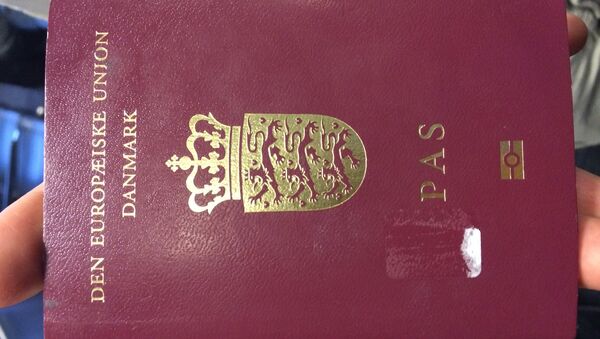"It makes sense for them to apply for citizenship in Denmark. Denmark's EU membership status is a reason for them to stay here," Rebecca Adler-Nissen, a professor at the University of Copenhagen, told Danish Radio.
In the first week following the fateful Brexit vote, Denmark received a total of 42 citizenship applications from Brits, which is more than in less "productive" years.
"EU membership affect the possibility of settling down somewhere in the EU and getting a job. There are over a million Britons living and working in other EU countries who enjoy same rights as all other citizens in the respective countries. This option as a starting point will disappear when the British leave the EU. This also applies to access to welfare services and the like," Rebecca Adler-Nissen pointed out.
Denmark is currently home to a British diaspora of 12,000 people. In the aftermath of the Brexit referendum, which was won by the ‘Leave' side with 51.2 percent of the votes, many have expressed fears, citing, among other anxieties, the prospect of losing the ability to work freely, continued access to the Danish welfare system or problems with property ownership.
In order to apply for Danish nationality, one must have lived in Denmark for nine years and have a permanent residence permit. Additionally, one must also have been self-supportive for at least 4 years and 6 months out of the last 5 years before applying. Finally, one must as passing a citizenship test to prove one has sufficient knowledge of Danish society, culture and history.



